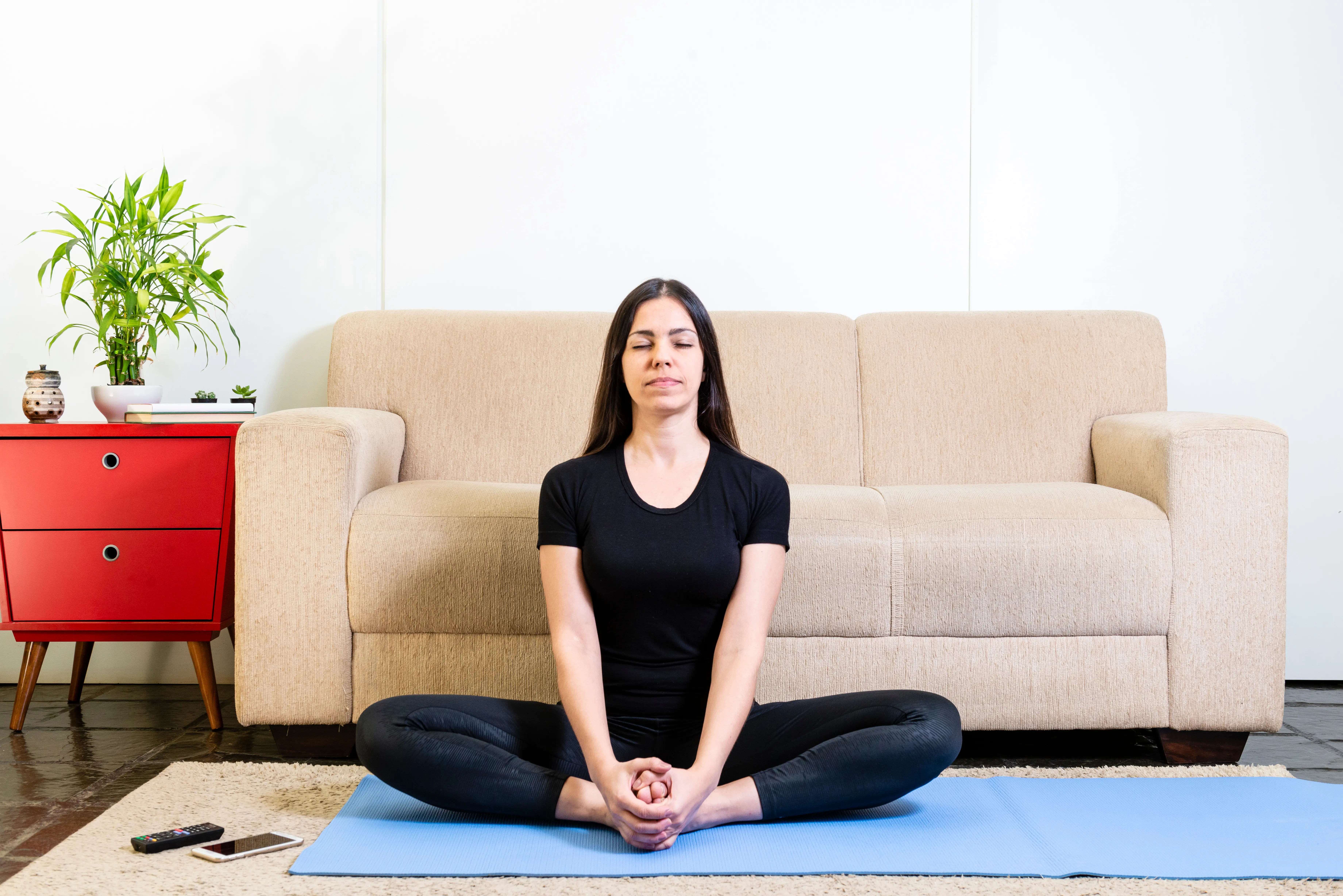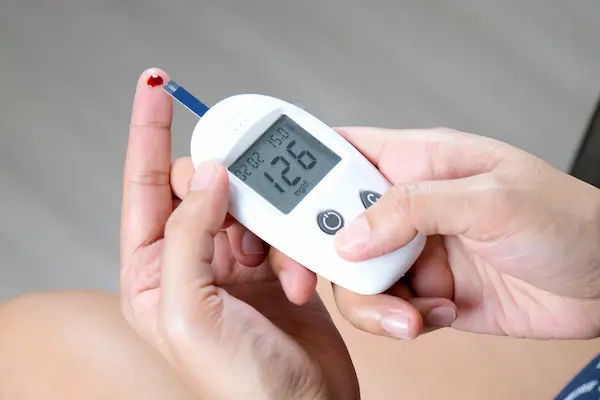Useful Tips for Healthy Newborn Care A Confident Start for New Parents
Discover practical tips for healthy newborn care, covering feeding, sleep, hygiene, soothing techniques, and parental well-being for a confident start.

Written by Dr. Siri Nallapu
Reviewed by Dr. Shaik Abdul Kalam MD (Physician)
Last updated on 13th Jan, 2026

Introduction
Bringing your newborn home is a moment of immense joy, but it can also be overwhelming. Amid the cuddles and wonder, questions about healthy newborn care inevitably arise. How often should they eat? Is this cry normal? How do I know if I'm doing it right? This guide is designed to demystify those first few weeks, providing you with a foundation of useful, evidence-based tips. We'll walk through everything from mastering diaper changes and interpreting sleepy cues to creating a safe sleep environment and prioritising your own well-being. Consider this your go-to resource for nurturing your baby's health and your own confidence as you embark on this incredible journey of parenthood. Our goal is to equip you with practical knowledge for healthy newborn care, turning uncertainty into assured, loving care.
Welcome to the World: Preparing for Your Newborn's Arrival
Preparation is key to reducing stress once your baby arrives. Having essentials ready allows you to focus on bonding and recovery.
The Essential Nursery Setup
The nursery should be a calm, safe haven. The cornerstone is a safe sleep space: a crib, bassinet, or co-sleeper that meets current safety standards with a firm, flat mattress and a fitted sheet. Avoid loose bedding, pillows, stuffed animals, and bumper pads. A comfortable rocking chair or glider is invaluable for feeding and soothing. Ensure the room is well-ventilated and the temperature is comfortable (around 68-72°F or 20-22°C).
Stocking Your Diaper Bag and Home Supplies
A well-stocked diaper bag is your lifeline for outings. Essentials include diapers (newborns can go through 8-12 a day), wipes, a portable changing pad, a change of clothes, burp cloths, and feeding supplies. At home, create stations in key areas: a changing station with diapers, wipes, and diaper rash cream; a feeding station with water and snacks for you; and a bathing area with gentle, baby-specific soap, shampoo, and soft towels.
Consult a Paediatrician for the best advice
Mastering the Basics: Day-to-Day Newborn Care
The daily routine of newborn care revolves around a few core activities. Mastering these builds confidence for both you and your baby.
The Art of Diapering: Keeping Baby Dry and Happy
Frequent diaper changes are crucial for preventing rash. Have all supplies within reach before you begin. Clean the area thoroughly with wipes or a damp cloth (front to back for girls). Allow the skin to air dry completely before applying a barrier cream. A snug but not tight fit is ideal—you should be able to slide two fingers between the diaper and your baby's waist.
Bathing Your Newborn: A Gentle Guide
In the first week, until the umbilical cord stump falls off, sponge baths are recommended. Use a soft washcloth with warm water, gently wiping your baby's face, body, and diaper area. After the stump has healed, you can transition to tub baths 2-3 times a week. Never leave your baby unattended, and keep the room warm. A bath lasting 5-10 minutes is sufficient.
Cord Stump Care and Healing
Keep the cord stump clean and dry. Fold the front of the diaper down to expose it to air. Avoid submerging it in water. It's normal to see a little dried blood at the base. The stump typically falls off within one to three weeks. If you notice redness, swelling, foul odour, or pus, consult a doctor online with Apollo24|7, as this could indicate an infection.
Nourishment and Feeding: Fueling Healthy Growth
Whether you choose breastfeeding or formula, feeding is a primary focus of healthy newborn care.
Breastfeeding Fundamentals
A good latch is essential for effective breastfeeding. Your baby's mouth should be wide open, taking in most of the areola, not just the nipple. Signs of a good feed include audible swallowing and a content baby afterward. Newborns typically feed 8-12 times in 24 hours, often in clusters. If you experience persistent pain or latch difficulties, seeking help from a lactation consultant can be transformative.
Formula Feeding: Safe Preparation and Bottle Hygiene
If formula feeding, follow the instructions on the tin precisely. Use water that has been boiled and cooled. Sterilise bottles and nipples before first use and wash them thoroughly after each use. Hold your baby semi-upright during feeds and never prop the bottle, as this can lead to choking and ear infections. Pay attention to your baby's hunger and fullness cues to avoid overfeeding.
The Science of Sleep: Creating Healthy Habits
Newborn sleep is unpredictable, but understanding it can help you manage expectations.
Understanding Newborn Sleep Cycles
Newborns sleep a lot—up to 16-17 hours a day—but in short stretches of 2-4 hours because their tiny stomachs need frequent refilling. They spend about 50% of their sleep in REM (rapid eye movement) sleep, which is a lighter, active sleep stage. This is why they twitch, grunt, and easily wake.
Safe Sleep Practices to Reduce SIDS Risk
The American Academy of Paediatrics' guidelines for safe sleep are critical: Always place your baby on their back to sleep, on a firm mattress in a crib free of soft objects. Share your room, but not your bed (room-sharing is recommended for at least the first six months). Offering a pacifier at naptime and bedtime has also been shown to reduce the risk of SIDS.
Soothing a Fussy Baby: Decoding Your Newborn's Cries
Crying is your baby's primary way of communicating. Beyond hunger or a wet diaper, they may cry due to overstimulation, tiredness, or a need to be held.
The 5 S's Method for Calming
Paediatrician Harvey Karp's "5 S's" are a highly effective way to soothe a crying infant. Here are the five techniques:
1. Swaddling: Snug wrapping mimics the security of the womb.
2. Side/Stomach Position: Hold your baby on their side or stomach (while awake and supervised, never for sleep).
3. Shushing: A loud "shush" sound or white noise replicates the whooshing sounds they heard in utero.
4. Swinging: Gentle, rhythmic motion can be calming.
5. Sucking: Offering a breast, finger, or pacifier provides comfort.
Health, Hygiene, and Developmental Milestones
Staying on top of health checks and celebrating small victories is part of healthy newborn care.
Navigating Well-Baby Checkups and Vaccinations
Regular visits to the paediatrician are essential for monitoring growth, development, and administering vaccinations. These checkups are your opportunity to ask questions about your baby's health, feeding, and behavior. Keeping a log of your questions between visits can be very helpful. If your baby shows signs of illness like a fever (rectal temperature of 100.4°F or 38°C or higher in a baby under 3 months), lethargy, or difficulty breathing, seek medical attention immediately.
Recognising Common Newborn Rashes
It's common for newborns to develop skin conditions like erythema toxicum (a harmless rash with red blotches), milia (tiny white bumps on the face), or cradle cap. Most are harmless and resolve on their own. For persistent diaper rash, a barrier cream and more frequent changes usually help. If a rash is widespread, blistering, or accompanied by a fever, it's best to consult a doctor.
Caring for Yourself: The Parent's Well-being is Paramount
This is the most overlooked aspect of newborn care. You cannot pour from an empty cup. Postpartum care for new mothers is non-negotiable. Accept help from family and friends. Sleep when the baby sleeps, even if it's just for 20 minutes. Stay hydrated and eat nutritious meals. Be open about your feelings; postpartum mood disorders are common and treatable. If you feel overwhelmed, sad, or anxious beyond the typical "baby blues," talking to your doctor or a mental health professional is a sign of strength. Your well-being is the foundation of your ability to provide healthy care for your newborn.
Conclusion
The first weeks with your newborn are a profound period of learning and adaptation. By focusing on these useful tips for healthy newborn care—from ensuring safe sleep and mastering feeding to interpreting cues and, most importantly, caring for yourself—you are laying a strong foundation for your child's well-being and your own confidence as a parent. Remember, there is no single "right" way; there is only your way, guided by love and reliable information. Trust the process, celebrate the small moments, and know that it's okay to ask for help. This journey is as much about your growth as it is about your baby's.
Consult a Paediatrician for the best advice
Consult a Paediatrician for the best advice

Dr. Saheli Dasgupta
Paediatrician
11 Years • MBBS, MD (Paediatrics), Indian Diploma of Paediatric Critical Care Medicine
Kolkata
Sristi Polyclinic, Kolkata

Dr. Guruprasad N
Paediatrician
7 Years • MBBS, MD Peadiatrics, DNB pediatrics
Bangalore
Apollo Clinic Bellandur, Bangalore

Dr. Akhila Hb
Paediatrician
10 Years • MBBS, MD ( PAEDIATRICS), Fellowship in Asthma and Allergy
Bengaluru
Apollo Medical Center, Marathahalli, Bengaluru
(75+ Patients)

Dr. Aravind Meka
Paediatrician
11 Years • MBBS, MD (Paediatrics),Diploma in pediatric allergy and asthma
Hyderabad
Dr Aravind M Clinic, Hyderabad

Dr. Sharmila Pendyala
Paediatrician
23 Years • MBBS, MD. (Paediatrics)
Hyderabad
Apollo Hospitals Jubilee Hills, Hyderabad
Consult a Paediatrician for the best advice

Dr. Saheli Dasgupta
Paediatrician
11 Years • MBBS, MD (Paediatrics), Indian Diploma of Paediatric Critical Care Medicine
Kolkata
Sristi Polyclinic, Kolkata

Dr. Guruprasad N
Paediatrician
7 Years • MBBS, MD Peadiatrics, DNB pediatrics
Bangalore
Apollo Clinic Bellandur, Bangalore

Dr. Akhila Hb
Paediatrician
10 Years • MBBS, MD ( PAEDIATRICS), Fellowship in Asthma and Allergy
Bengaluru
Apollo Medical Center, Marathahalli, Bengaluru
(75+ Patients)

Dr. Aravind Meka
Paediatrician
11 Years • MBBS, MD (Paediatrics),Diploma in pediatric allergy and asthma
Hyderabad
Dr Aravind M Clinic, Hyderabad

Dr. Sharmila Pendyala
Paediatrician
23 Years • MBBS, MD. (Paediatrics)
Hyderabad
Apollo Hospitals Jubilee Hills, Hyderabad
More articles from General Medical Consultation
Frequently Asked Questions
1. How often should I bathe my newborn?
For the first few weeks, 2-3 times a week is sufficient. Too much bathing can dry out their sensitive skin. Sponge baths are best until the umbilical cord stump falls off.
2. What is a normal number of wet diapers for a healthy newborn?
After the first few days, you should see at least 6-8 wet diapers in a 24-hour period. This is a key sign they are getting enough milk.
3. Is it normal for my newborn to have hiccups all the time?
Yes, hiccups are very common and harmless in newborns. Their immature digestive and nervous systems are the likely cause. They usually resolve on their own within a few minutes.
4. When can I take my newborn out in public?
It's generally safe to take your baby out for walks in uncrowded areas fairly soon. However, it's best to avoid large crowds and confined spaces (like airplanes) for the first 1-2 months to minimise exposure to germs before their immune system is stronger.
5. How can I tell the difference between baby acne and an allergic rash?
Baby acne looks like small red or white bumps, similar to teenage acne, and usually appears on the face. An allergic rash (like eczema) is often dry, scaly, and itchy, and can appear anywhere on the body. If you're unsure about any rash, a quick photo consultation with a paediatrician on Apollo24|7 can provide clarity.




